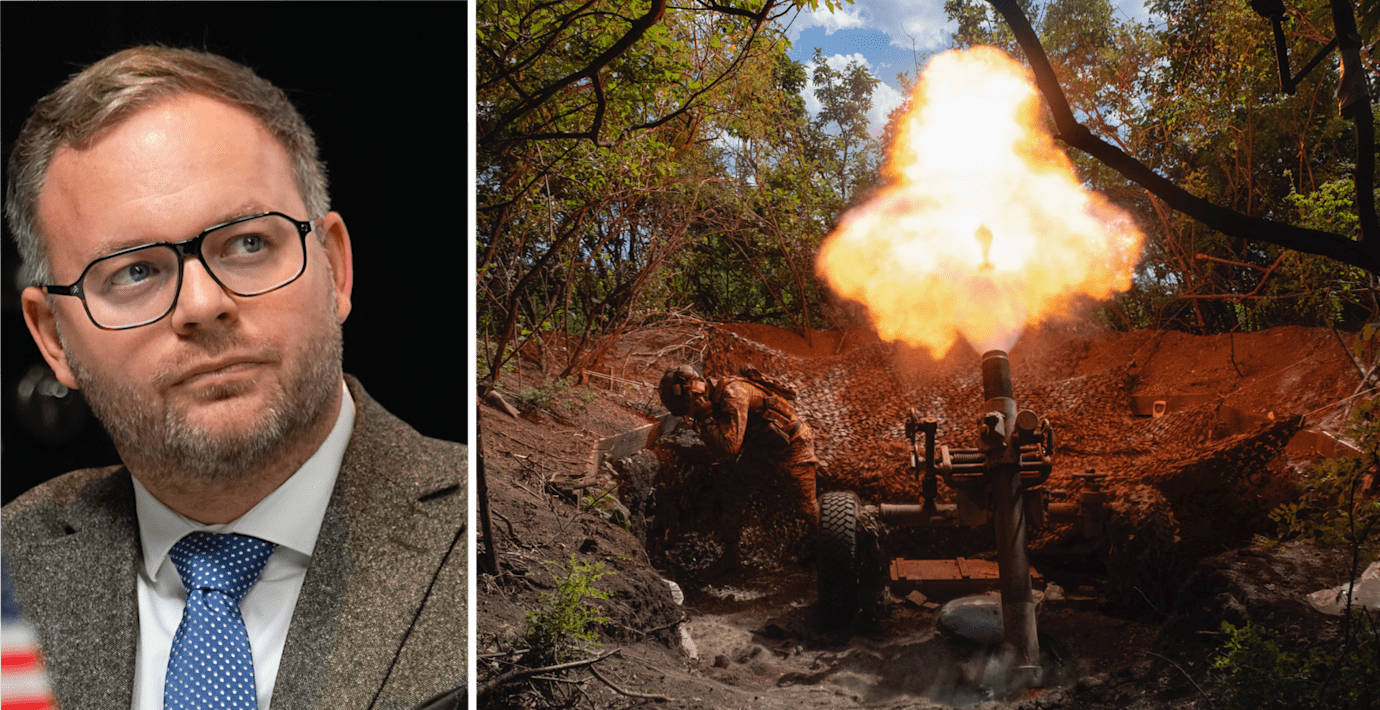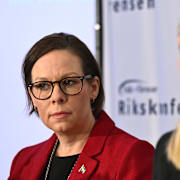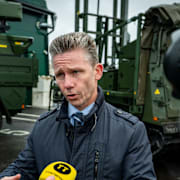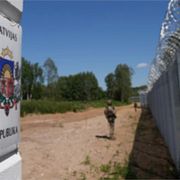
Orbán-rådgivare: Oansvarigt att Ukraina försvarar sig
En av rådgivarna till Ungerns premiärminister Viktor Orbán säger att Ukraina är oansvarigt som försvarar sig mot Rysslands invasion, rapporterar AFP.
Rådgivaren, som heter Balázs Orbán, säger också att Ungern inte skulle försvara sig på det sätt som Ukraina har gjort. Han hänvisar till den antisovjetiska revolutionen 1956, som Sovjet slog ner med våld.
– Baserat på 1956 skulle vi inte ha gjort vad Ukrainas president Volodymyr Zelenskyj gjorde för två och ett halvt år sedan, säger han och tillägger att många har dött och att Ukraina har förlorat territorium.
Rysslands invasion av Ukraina anses bryta mot internationell rätt. Moskva har genom sitt invasionskrig orsakat hundratusentals dödsfall på båda sidor.
bakgrund
Ungerska revolutionen 1956
Wikipedia (en)
The Hungarian Revolution of 1956 (23 October – 4 November 1956; Hungarian: 1956-os forradalom), also known as the Hungarian Uprising, was an attempted countrywide revolution against the government of the Hungarian People's Republic (1949–1989) and the policies caused by the government's subordination to the Soviet Union (USSR). The uprising lasted 12 days before being crushed by Soviet tanks and troops on 4 November 1956. Thousands were killed and wounded and nearly a quarter of a million Hungarians fled the country.
The Hungarian Revolution began on 23 October 1956 in Budapest when university students appealed to the civil populace to join them at the Hungarian Parliament Building to protest against the USSR's geopolitical domination of Hungary through the Stalinist government of Mátyás Rákosi. A delegation of students entered the building of Magyar Rádió to broadcast their sixteen demands for political and economic reforms to civil society, but were detained by security guards. When the student protestors outside the radio building demanded the release of their delegation, a group of police from the ÁVH (State Protection Authority) fatally shot several of the students.
Consequently, Hungarians organized into revolutionary militias to fight against the ÁVH; local Hungarian communist leaders and ÁVH policemen were captured and summarily executed; and political prisoners were released and armed. To realize their political, economic, and social demands, local soviets (councils of workers) assumed control of municipal government from the Hungarian Working People's Party (Magyar Dolgozók Pártja). The new government of Imre Nagy disbanded the ÁVH, declared Hungary's withdrawal from the Warsaw Pact, and pledged to re-establish free elections. By the end of October the intense fighting had subsided.
Although initially willing to negotiate the withdrawal of the Soviet Army from Hungary, the USSR repressed the Hungarian Revolution on 4 November 1956, and fought the Hungarian revolutionaries until Soviet victory on 10 November; repression of the Hungarian Uprising killed 2,500 Hungarians and 700 Soviet Army soldiers, and compelled 200,000 Hungarians to seek political refuge abroad, mostly to Austria.
Omni är politiskt obundna och oberoende. Vi strävar efter att ge fler perspektiv på nyheterna. Har du frågor eller synpunkter kring vår rapportering? Kontakta redaktionen



